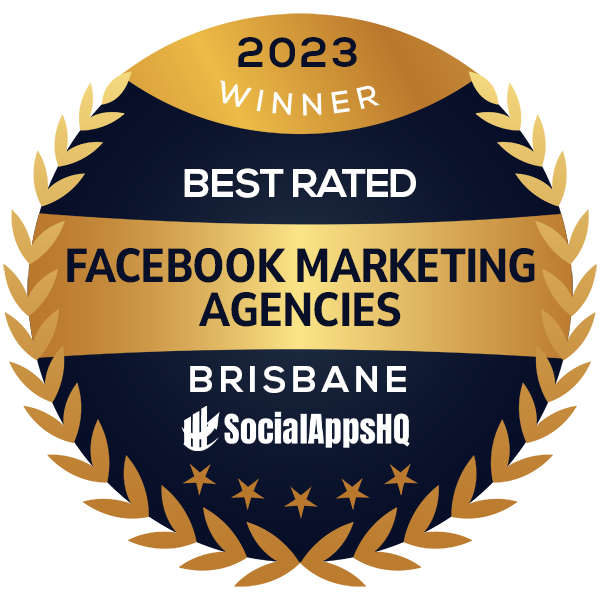5 Tips For Optimising Your Small Business Marketing Plan
Marketing is essential for any small business. It’s the lifeblood of your business. But with the ever-changing digital landscape, it can be quite a stressful task to tackle and result in overwhelm. The good news is, it doesn’t have to be difficult. In fact, with a little bit of planning and effort, you can have a small business marketing plan that will help your business grow for years to come.
1. Define Your Goals
When creating a small business marketing plan, it is important to first define your goals. What do you want to achieve with your marketing efforts? Do you want to grow your business, reach new customers, or increase brand awareness? Once you have a clear understanding of your goals, it is easier to develop strategies that will help you achieve them.
Many business owners assume that in order to grow their business, they need to get more customers. However, if your business already has an established customer base it may be faster and more cost-effective to re-market to your existing customers instead.
2. Create A Targeted Strategy
Once you know what you want to achieve with your marketing efforts, the next step is to create a targeted strategy.
Some questions you might want to ask yourself include:
- What are the specific channels and methods that will work best for reaching your target audience?
- Which platforms are most effective and provide the best return on investment?
- Which types of media do your customers prefer?
- What tools or software will you use to achieve your targeting goals?
Once you have a targeted strategy in place, it is important to allocate the right amount of resources to each channel you choose to utilise.
3. Plan For Maintenance And Adjustment
No matter how well you plan, your marketing efforts will not be perfect from start to finish. In fact, it is likely that your strategy will need a few adjustments once it’s launched. This means that you will need to have a plan in place for maintaining and adjusting your marketing efforts.
Some things you might want to consider include:
- How often should you re-evaluate your target audience?
- What are the best times of year for advertising?
- How do you handle it when one of your channels no longer works for you?
- Can your strategy be automated or does it require ongoing management?
Remember to work smarter, not harder. There are lots of marketing automation tools available that allow you to implement “set and forget strategies” to free you up from having to actively manage them.
4. Set Your Budget And Timeframe
One of the most important factors to consider when creating a small business marketing plan is setting a budget and timeframe. By knowing how much money you have to spend and how long it will take to achieve your goals, you can create a plan that is tailored specifically to your needs. Additionally, creating a timeline can help keep you on track and prevent unnecessary (and sometimes costly) delays.
For most small businesses, every dollar counts and it’s important not to spend unnecessary amounts on marketing activities that don’t deliver results.
5. Implement Your Marketing Plan
A well-executed marketing plan can help your small business achieve its goals faster and with less effort. It’s important, however, to understand how the different aspects of your strategy connect and how to make them work in alignment.
Looking at marketing holistically creates leverage, meaning you will achieve a much greater rate of success while spending less time and budget.
In my 90-Day Marketing Transformation, I work with Australian small business owners directly to implement a set of organic strategies that require very little or no maintenance and thus, make their marketing budget stretch a lot further.
In addition, I can help you automate time-consuming marketing activities, like social media content, lead generation and email marketing to free up valuable time and headspace, so you can focus on what you’re already great at – serving your customers.
Conclusion And a Faster Way To Implement Your Small Business Marketing Plan
By following these five steps and planning out your strategy in advance, rather than approaching your marketing ad-hoc, you will significantly reduce the time and money you spend on marketing activities.
If need help implementing a strategy that will help you attract more customers while saving you time, confusion and frustration, let’s have a chat. Book your free strategy call.

Meet David – the founder and CEO of Done Digital. With his passion for helping businesses grow, he’s dedicated to helping you navigate the digital marketing landscape with timeless strategies and the latest automation tools that free up time and other valuable resources.

 Done Digital
Done Digital
 Done Digital
Done Digital

